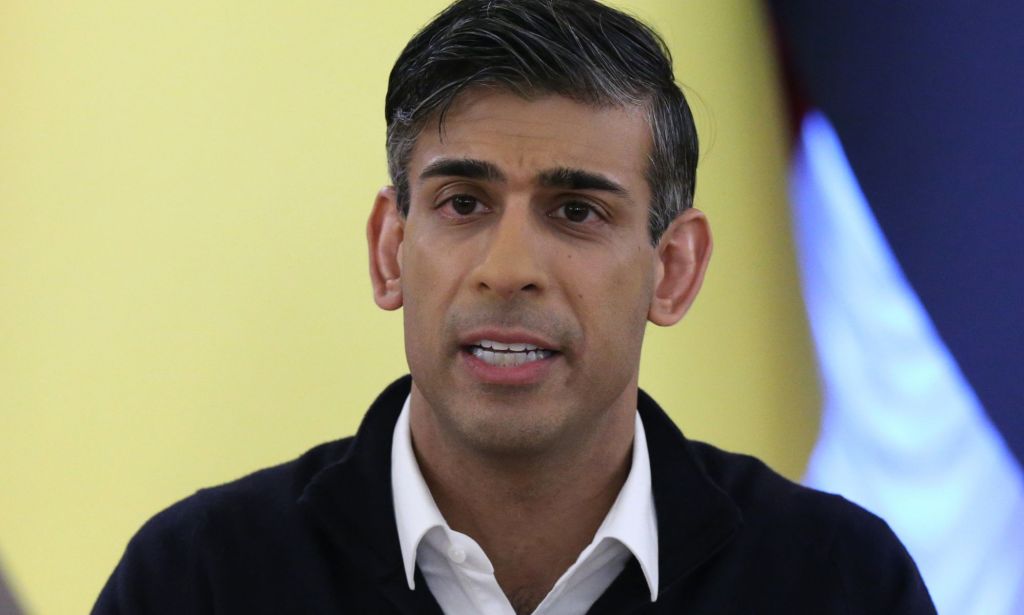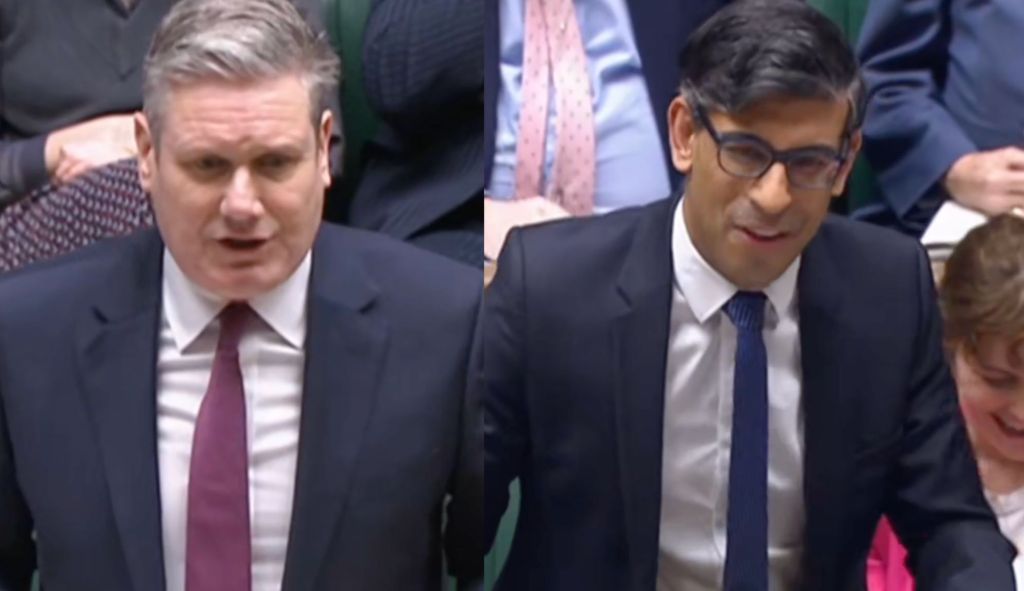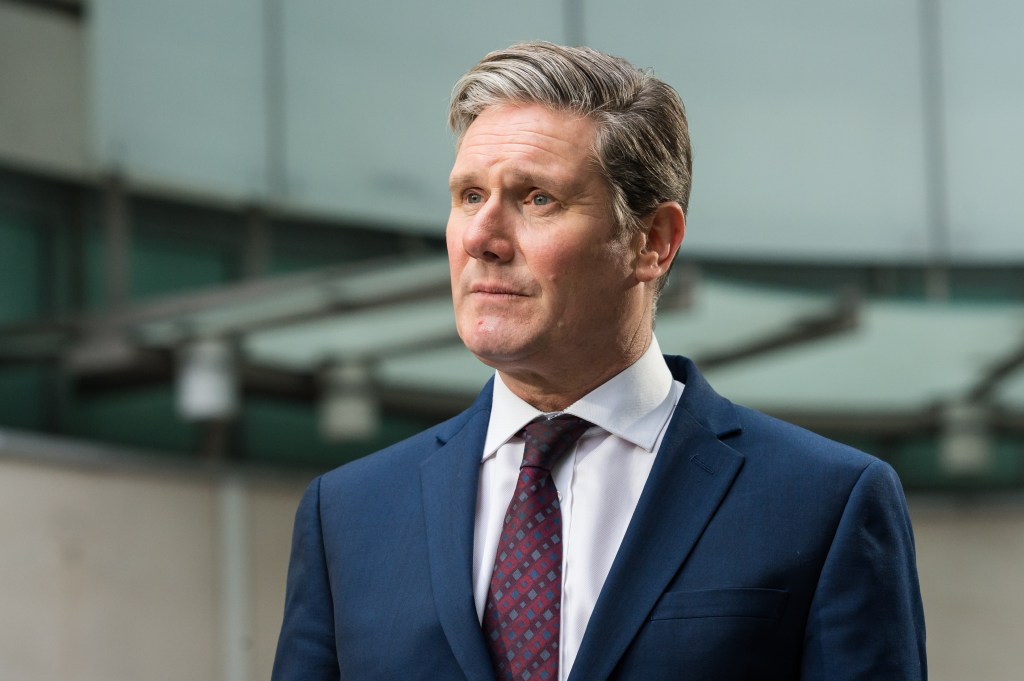Rishi Sunak calls UK general election for 4 July

Rishi Sunak has announced the date of the UK general election. (Getty)
Prime minister Rishi Sunak has called a UK general election for Thursday 4 July – the first July election since 1945.
Sunak confirmed the surprise move in a statement outside Number 10 Downing Street on Wednesday (22 May), following a day of mounting speculation in Westminster.
Speculation of a UK general election announcement grew after foreign secretary Lord David Cameron cut short his trip to Albania in order to attend a Cabinet meeting on Wednesday afternoon, while defence secretary Grant Shapps delayed a trip to the Baltic states for a Nato meeting by a few hours.
The summer election is earlier than the autumn vote many had expected, after Sunak previously promised that an election would take place in the second half of the year. The latest date it could have been held was 28 January 2025.

During the speech Sunak announced that “now is the moment for Britain to choose its future” before he took several swipes at the Labour Party.
Sunak said his role as prime minister has been “guided by doing right for our country. Not what is easy”.
He added: “I can’t say the same thing for the Labour Party because I don’t know what they offer. And in truth I don’t think you know either and that’s because they have no plan. There is no bold action, and as a result, the future can only be uncertain with them.”
“On the fifth of July either Kier Starmer or I will be prime minister,” he said, adding that he believes Starmer is quick to abandon promises.
He continued: “If you don’t have the conviction, to stick to anything you say, if you don’t have the courage to tell people what you want to do, and if you don’t have a plan, how can you possibly be trusted to lead our country, especially at the most uncertain of times?”
Sunak promised that “only a Conservative government” led by him will “restore pride and confidence in our country”.

The announcement of an election date follows a tough period for the Conservatives, who suffered severely in May’s local elections.
A poll released in January suggested that a general election would result in a landslide loss for the Tories, and sweeping wins for Labour.
Despite a senior Tory previously claiming that the party should fight the upcoming election on a mix of “trans debate and culture wars”, survey findings found just one per cent of voters say the hot-button issue of trans rights would determine their vote in the general election.

Trans rights have been a repeated talking point for both Sir Keir Starmer and Rishi Sunak, with both expressing the belief that “sex-based rights” are paramount in discussions about gender identity and that single-sex spaces are somehow under threat.
Although Starmer has made some controversial comments about the trans community, and parroted anti-trans talking points, he has indicated that he believes trans women are women and trans men are men.
The prime minister, on the other hand, has not only expressed his anti-trans views on a number of occasions, he has also openly denied trans people their identity.

